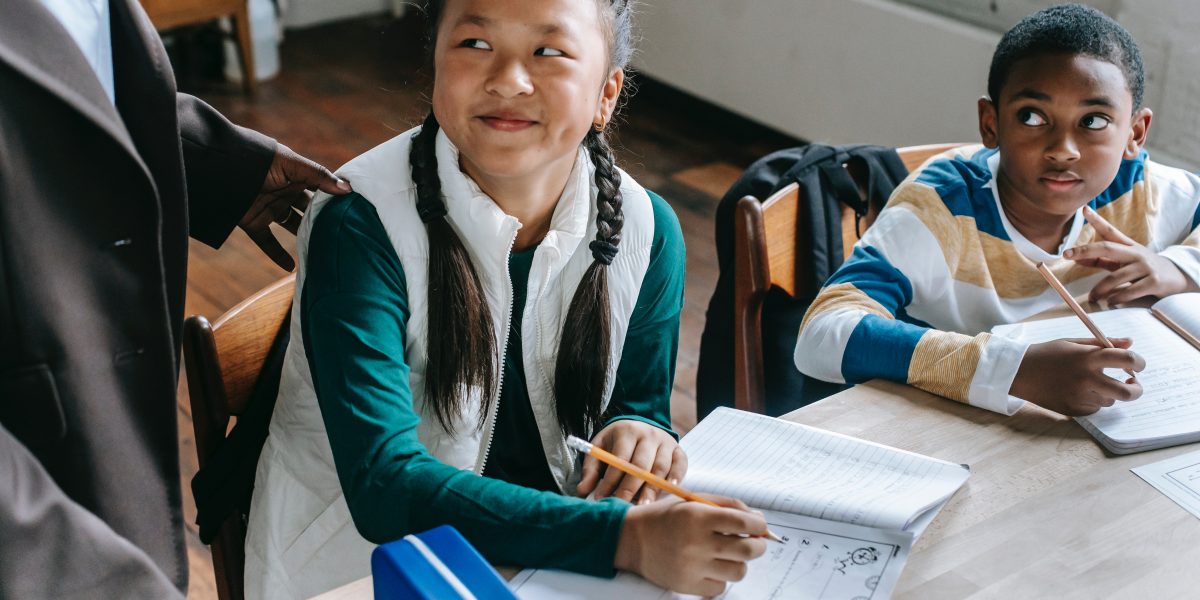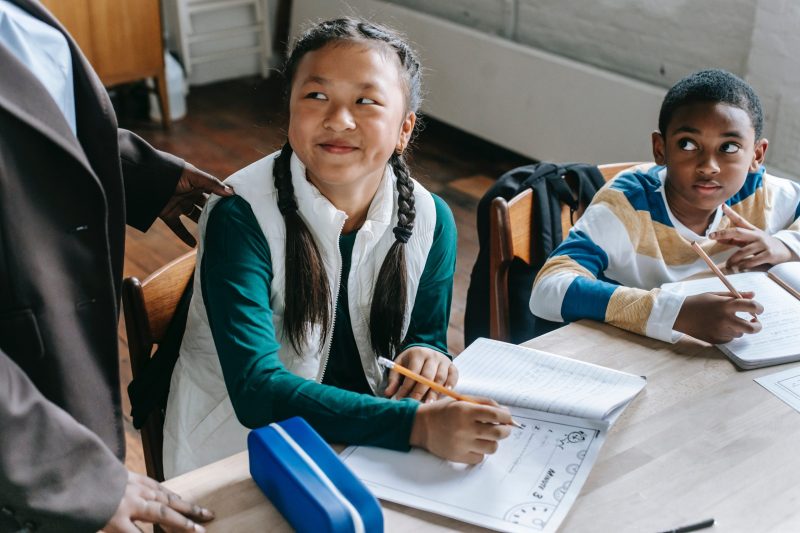
Role of Self-Awareness in Children with Learning Disabilities
August 5, 2021
Developing Goal-Setting Skills
August 17, 2021





This week's blog takes a closer look at establishing effective support systems for your child with learning disabilities. Shelly Weisbacher walks us through some common forms of support systems within an educational setting, as well as support approaches not typically considered.
Using support systems effectively is another one of the key factors that predicts success for students with learning disabilities. Many students receive support during school in various forms.
They might work with an intervention specialist on a daily basis, have modified assignments and/or receive accommodations such as extended time on tests. Beyond these planned supports, successful students are willing to seek help from their teachers, peers, and parents.
While some children seem to come to this understanding on their own, many need our assistance in learning to do this. By drawing on the student’s self-awareness of their personal learning profile, we can then help her think about what she needs to be successful and how to access this help from her teachers. We can talk through the child’s plan for asking for help, what specifically he wants to ask for and when would be the best time to make this request.
For students who need support in approaching a teacher, we can offer to accompany the students or help them identify someone else to join them. We can also talk with children about how we as adults look to others for help and what a positive difference this makes for us. The important point is that, like the development of many other skills, we need to provide direct instruction on accessing support – this is a vital skill and the good news is that it can be developed.

Blogger Lisa Bruns, M.Ed., Special Education, shares her expertise of students with learning disabilities. As a special educator, she has expert knowledge of interventions and accommodations that students may need to succeed in and out of the classroom. If you have questions, please contact Center Director Lisa Bruns at .